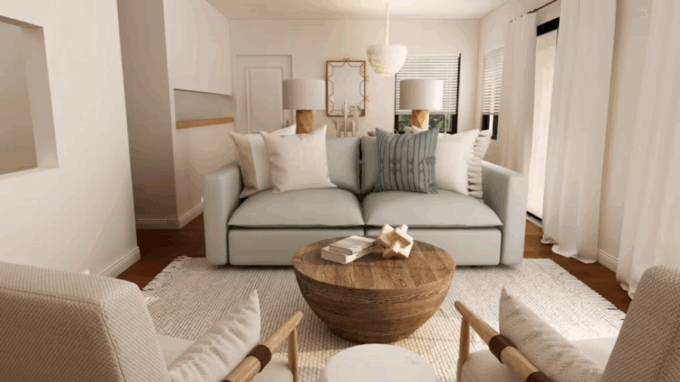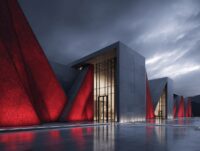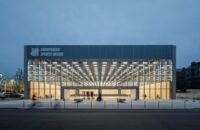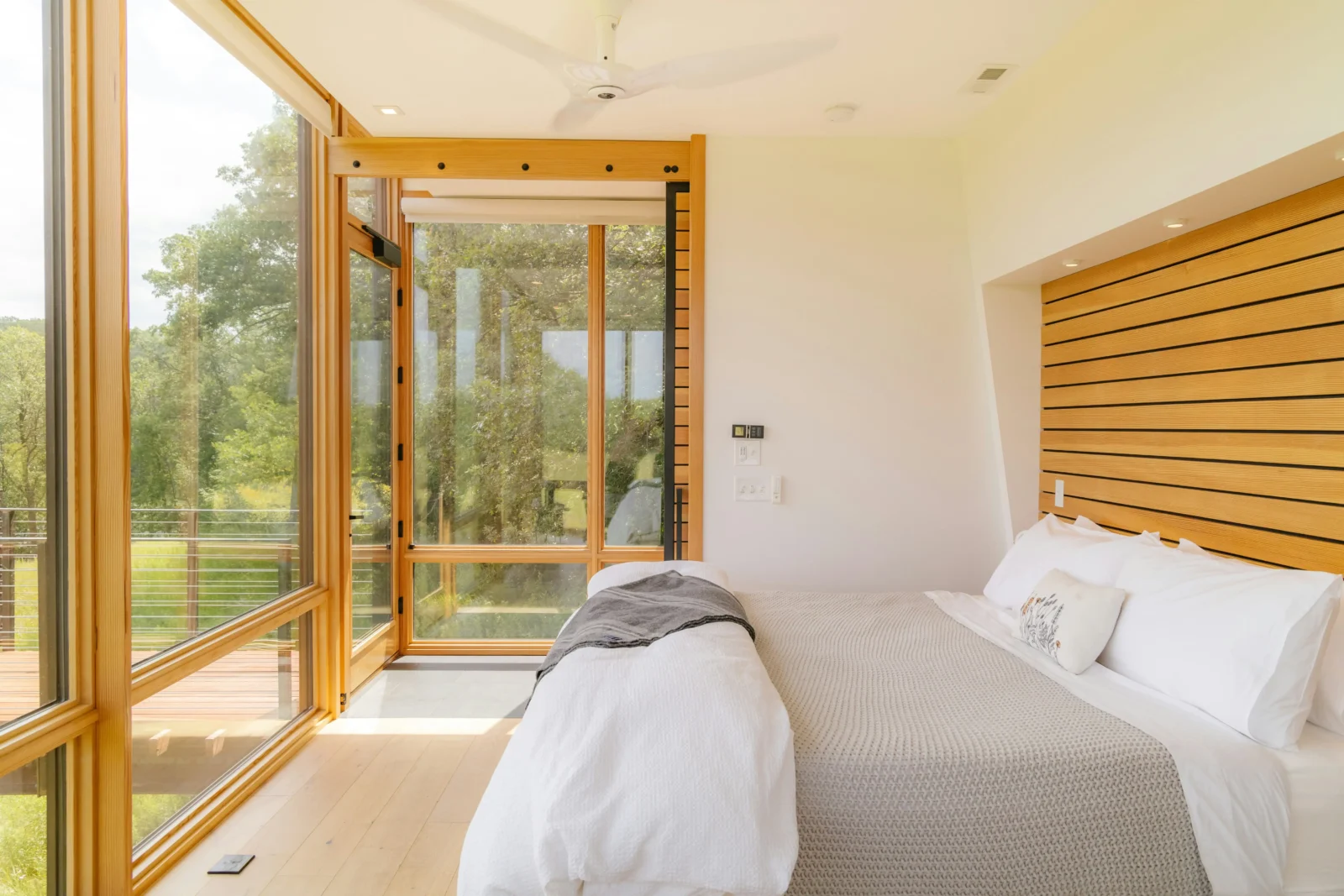- Home
- Articles
- Architectural Portfolio
- Architectral Presentation
- Inspirational Stories
- Architecture News
- Visualization
- BIM Industry
- Facade Design
- Parametric Design
- Career
- Landscape Architecture
- Construction
- Artificial Intelligence
- Sketching
- Design Softwares
- Diagrams
- Writing
- Architectural Tips
- Sustainability
- Courses
- Concept
- Technology
- History & Heritage
- Future of Architecture
- Guides & How-To
- Projects
- Interior Design
- Competitions
- Jobs
- Store
- ToolsNew
- More
- Home
- Articles
- Architectural Portfolio
- Architectral Presentation
- Inspirational Stories
- Architecture News
- Visualization
- BIM Industry
- Facade Design
- Parametric Design
- Career
- Landscape Architecture
- Construction
- Artificial Intelligence
- Sketching
- Design Softwares
- Diagrams
- Writing
- Architectural Tips
- Sustainability
- Courses
- Concept
- Technology
- History & Heritage
- Future of Architecture
- Guides & How-To
- Projects
- Interior Design
- Competitions
- Jobs
- Store
- ToolsNew
- More
Will AI Replace Architects?

Table of Contents
ToggleThinking of AI Architecture
Architects are not just designing buildings but they are also designing the way we live. Architects have a great responsibility in terms of the impact of their work on society. So, it is not surprising that architects are concerned about how AI will affect their profession in the future. AI is already being used in the architecture industry. For example, it can be used to generate designs for buildings and help create the building’s structural system. It can also be used to generate ideas for new buildings and to optimize the design of existing buildings.

Designing with AI As Architects
AI or Artificial Intelligence may modify parts of an architect’s jobs, making them obsolete, but the profession itself will never be taken over by programmed codes or AI assisted robots / machines. Certain design and construction tasks will undoubtedly be driven by clever robots, but it is also important to recognize that environments, whether at home or at work, ultimately require a human touch, which, incidentally, only a human architect can provide.
A machine with AI programming will simply propose solutions that are input into its brain. This technology will also provide realistic mockups of design and layout. In the future, and in conjunction with VR, an architect may be able to provide customers with 3D house or workplace tours. However, the environments generated by these smart technologies would lack one crucial feature: the design soul and imagination power.

AI also enables more efficient interactions among the numerous players involved in a building project. AI-powered designs are much less likely to neglect any critical component, whether it’s the architecture or the mechanical, electrical, or plumbing blueprints.
AI can assist identify and prioritize risk issues, as well as create project plans. Artificial intelligence may be used to evaluate plans, decide which sub-projects will occupy the most time, and provide guidance similar to AI consulting for growth.

Imagination is A Part of Architectural Design
Imagine necessitates the use of a human brain; a mind so sophisticated and profound that it will take AI several years to even match human attributes, much alone be referred to be a clone. The human brain has hundreds of billions of nerve fibers that process daily phenomena such as what the eyes perceive and what the mind experiences. AI will never be able to compete with these sophisticated and intuitive tools. AI can design environments that are both efficient and cost-effective. Architects, on the other hand, design places that provide a therapeutic experience.

AI merely collects feedback from home/office owners regarding their objectives, wants, and future plans. It will then generate the optimal combination based on its inherent algorithms, which have been created by none other than humans. The resulting designs and interiors, however, will be devoid of life and vibrancy. Only the top architects in India include the same.
AI will make architects even more efficient while also addressing the ever-changing architectural demands such as planning, mockup design, and building cost estimations.
Future of AI and Architecture
As previously said, this technology will create smart environments and beautiful virtual reality experiences in the future, but architects will continue to be the link between AI and human resources. In short, AI is a creative orphan without real-life architects.

In summary,
AI will not replace human architects in the future. They are not designed to be creative and most AIs lack creativity. Instead, they will work alongside human designers to create more efficient and creative designs.
Theory of AI architecture: AI architects will be able to design buildings that are cheaper, more efficient, and better for the environment than what humans can do. AI architects could also create buildings with a more personalized style.

1 Comment
Submit your architectural projects
Follow these steps for submission your project. Submission FormLatest Posts
How to Safely Store Your Holiday Decorations in Short-Term Storage
The holiday season is often filled with joy, celebration, and, of course,...
How to Improve Indoor Air Quality for a Healthier Home
The air we breathe inside our homes has a profound impact on...
Understanding Ricardo Bofill Architecture
Ricardo Bofill, the visionary Spanish architect reimagined modern architecture as a poetic...
The Hidden Power of Custom Labels in Modern Home Design
Visual organization isn’t just about tidying up. It’s about creating systems that...












Thanks